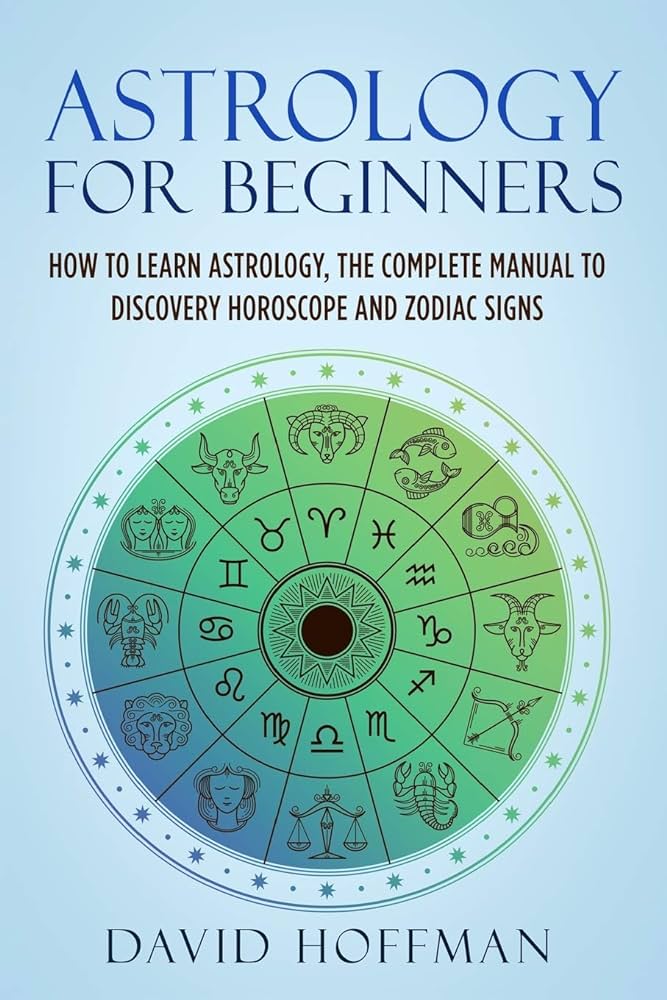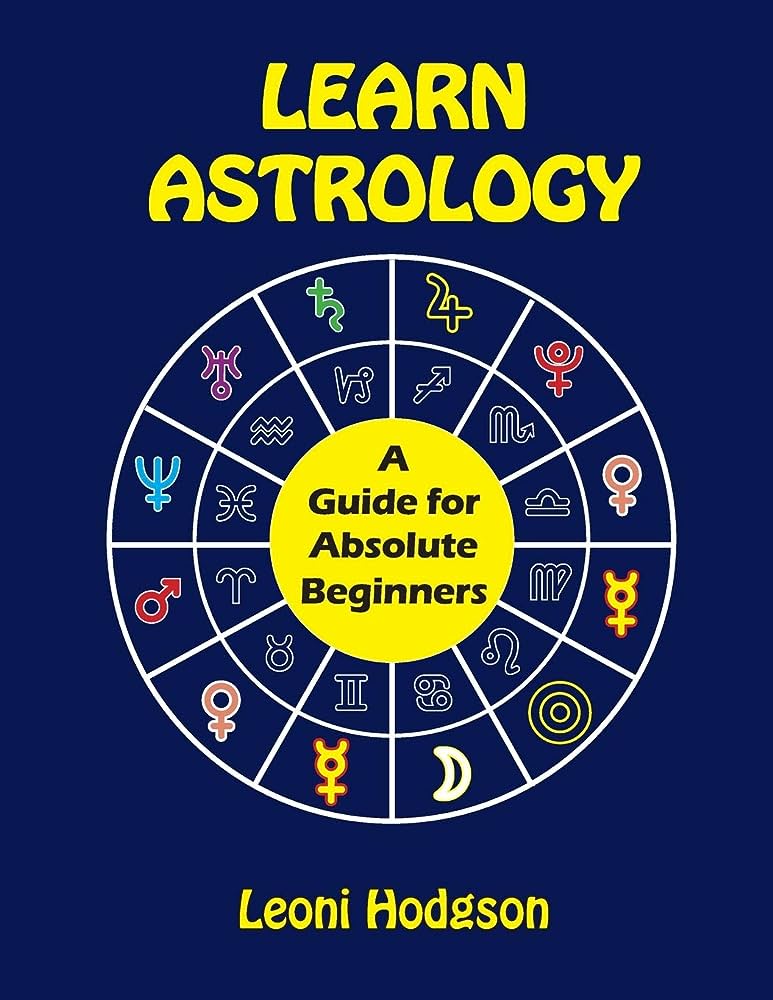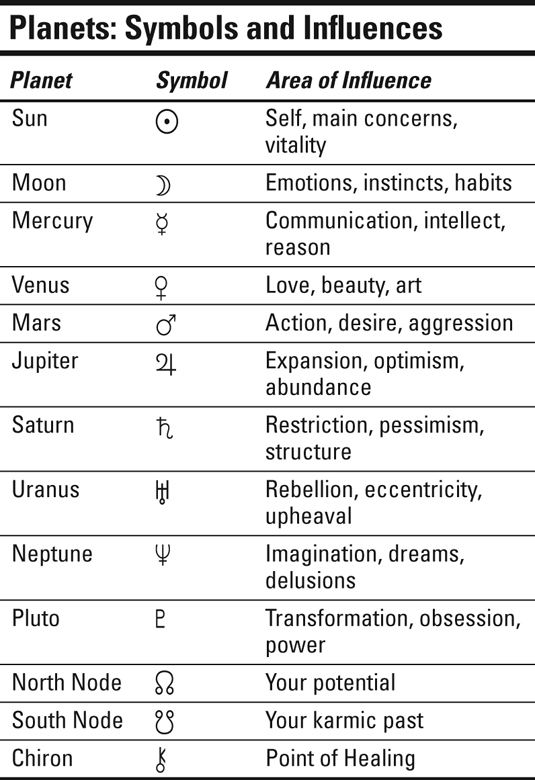So you’ve always been fascinated by the stars, the planets, and the mysteries of the universe. You’ve heard people talk about astrology and how it can offer guidance and insights into various aspects of life. But where do you even begin if you want to learn astrology as a beginner? In this article, we will explore practical tips and resources to help you embark on your journey of learning astrology. Whether you’re curious about the zodiac signs, horoscopes, or birth charts, we’ve got you covered! Get ready to unlock the secrets of the cosmos and discover a whole new world of celestial knowledge.
Understanding Astrology
What is astrology?
Astrology is the study of the movements and positions of celestial bodies and their influence on human behavior and events. It is based on the belief that there is a meaningful connection between the positions of the planets at the time of a person’s birth and their personality traits, relationships, and life events. Astrologers use charts and interpretations to understand and predict these influences.
The history of astrology
Astrology has a long and fascinating history dating back thousands of years. It originated in ancient civilizations such as Mesopotamia and Egypt, where astrology was closely linked to the observation of the heavens and the worship of celestial deities. It then spread to ancient Greece, Rome, and India, where it developed into more complex systems. Throughout history, astrology has been both revered and criticized, but its popularity has endured and continues to captivate people today.
Different types of astrology
There are various types of astrology practiced around the world. The most widely known is Western astrology, which is based on the tropical zodiac and is popular in Europe and the Americas. Vedic astrology, also known as Hindu or Indian astrology, is practiced mainly in India and uses the sidereal zodiac. Chinese astrology is based on the lunar calendar and is deeply rooted in Chinese culture. Each type of astrology has its own unique techniques and interpretations, offering different perspectives on the influence of celestial bodies.
Benefits of learning astrology
Learning astrology can bring numerous benefits to your life. It allows you to gain a deeper understanding of yourself and others, helping you to navigate relationships, make informed decisions, and embrace personal growth. Astrology can provide insights into your strengths, weaknesses, and potential future opportunities. It can also be a valuable tool for self-reflection, helping you to gain clarity and make sense of life’s challenges. Additionally, astrology can be a fulfilling hobby or a career path for those who wish to become professional astrologers.
Getting Started with Astrology
Developing an interest in astrology
If you’re just starting to explore astrology, developing an interest in the subject is the first step. Begin by asking yourself what intrigues you about astrology. Is it the desire to understand yourself better, a fascination with celestial bodies, or a curiosity about the mysteries of the universe? Once you have identified your motivation, you can cultivate your interest by reading books, articles, and listening to podcasts or attending astrology workshops.
Finding reliable astrology resources
In the vast sea of astrology information available, it’s important to find reliable resources to guide your learning journey. Look for books written by experienced astrologers, reputable websites, and respected astrological organizations. Research the backgrounds and credentials of the authors or teachers to ensure they have a solid foundation in astrology. Remember, reliable resources will provide accurate and well-explained information, helping you build a strong foundation of knowledge.
Understanding the astrological chart
The astrological chart, also known as the birth chart or natal chart, is a map of the celestial positions at the moment of someone’s birth. To begin understanding astrology, familiarize yourself with the basic components of the chart. It consists of the Sun, Moon, planets, astrological signs, and the houses. Each of these elements plays a unique role in shaping an individual’s personality, strengths, and challenges. As you progress in your studies, you will learn how to interpret and analyze these components to gain insights into a person’s life and characteristics.
Learning astrology terminology
Just like any field of study, astrology has its own specific terminology. To effectively communicate and understand astrology concepts, it’s essential to learn the key terms and their meanings. Start by familiarizing yourself with common terms such as zodiac signs, ruling planets, aspects, transits, and houses. As you continue to immerse yourself in astrology, you will encounter more specialized vocabulary that will deepen your understanding of this intricate discipline.

This image is property of Amazon.com.
Studying the Zodiac Signs
Introduction to the zodiac signs
The zodiac signs provide a framework for understanding personality traits and characteristics. They are formed based on the position of the Sun at the time of birth and are divided into twelve equal parts, each representing different qualities and elemental influences. The zodiac signs are Aries, Taurus, Gemini, Cancer, Leo, Virgo, Libra, Scorpio, Sagittarius, Capricorn, Aquarius, and Pisces. Learning about each sign’s basic qualities is a fundamental step in astrology, as it allows you to understand the unique energies associated with each individual.
Characteristics of each zodiac sign
Each zodiac sign possesses distinct qualities and characteristics that shape a person’s personality. For example, Aries is known for its boldness and pioneering spirit, while Taurus is associated with stability and material comfort. Gemini is characterized by curiosity and adaptability, while Cancer is known for its nurturing nature. By studying the traits of each sign, you can gain a deeper understanding of yourself and others, as well as identify potential areas of compatibility or conflict in relationships.
Exploring the elements and modalities of the zodiac
In addition to the zodiac signs, astrology also takes into account the elements and modalities associated with them. The four elements are fire, earth, air, and water, representing different energies and ways of relating to the world. Each zodiac sign belongs to one of these elements, further influencing their characteristics. The three modalities are cardinal, fixed, and mutable, indicating how each sign initiates, stabilizes, or adapts to change. Understanding the elements and modalities adds depth to your interpretation of the zodiac signs and their interactions.
Understanding the ruling planets
Each zodiac sign is ruled by a specific planet, which adds another layer of meaning to their characteristics and influences. For example, Aries is ruled by Mars, the planet of energy and assertiveness, while Taurus is ruled by Venus, the planet of love and beauty. The ruling planet provides insight into a sign’s core motivations and desires. By exploring the relationships between signs and their ruling planets, you can gain a deeper understanding of the dynamics within the zodiac and how they influence individual behavior and experiences.
Examining the Houses
Introduction to the astrological houses
The astrological houses play a crucial role in chart interpretation by representing different areas of life. There are twelve houses, with each one associated with specific themes and aspects of human existence. The houses indicate where certain events and energies are likely to manifest in a person’s life. For example, the first house represents the self and personal identity, while the seventh house governs relationships and partnerships. Understanding the houses allows you to gain a comprehensive view of an individual’s life and experiences.
Interpreting the 12 astrological houses
To interpret the astrological houses, it is important to understand their meanings and correlations. The first house represents the self-image and physical appearance, while the second house deals with money and possessions. The third house governs communication and siblings, while the fourth house represents the home and family. Each house has its own unique significance and influence, and studying their meanings enables you to analyze the specific areas of life that are highlighted in a person’s birth chart.
Significance and influence of each house
Each house in the birth chart symbolizes different aspects of life and represents unique energies and influences. For example, the fifth house is associated with creativity, self-expression, and romance. The sixth house is related to work, health, and daily routines. The significance and influence of each house shape an individual’s experiences and opportunities in various areas of life. By understanding the placement and interactions of planets within the houses, astrology practitioners can gain deeper insights into a person’s life patterns and potentials.
Mapping the houses on the astrological chart
To fully comprehend the astrological chart, it is crucial to learn how to map the houses accurately. Each house has its starting point or cusp, which determines its position and subsequent segments. By plotting the houses on the birth chart, you can gain a visual representation of the areas of life that are emphasized and the planetary energies at play. Mapping the houses fosters a clearer understanding of the connections between planets, signs, and houses, leading to a more comprehensive and nuanced interpretation of the birth chart.

This image is property of Amazon.com.
Interpreting Planetary Aspects
Understanding planetary aspects
Planetary aspects refer to the angles formed between planets in the birth chart. These angles create energetic connections that influence an individual’s personality traits and experiences. Different aspects have distinct meanings and can be harmonious or challenging. Understanding planetary aspects is essential in astrology, as they offer valuable insights into the dynamics and potentials present within a person’s life. By analyzing the interactions between planets, astrologers can identify patterns and tendencies that shape a person’s character and circumstances.
Common planetary aspects and their meanings
There are several commonly used planetary aspects in astrology, each with its own significance and interpretation. The conjunction occurs when two planets are in close proximity, emphasizing their combined energies. The opposition represents tension and potential conflict between two planets. The trine brings harmony and flow between planets, indicating areas of natural talent and ease. The square signifies challenges and internal conflict, while the sextile represents opportunities and positive interactions. Understanding these aspects helps astrologers uncover the complexities and dynamics within a birth chart.
Analyzing the impact of planetary aspects
The impact of planetary aspects cannot be underestimated, as they shape a person’s character and life experiences. Harmonious aspects often indicate a blending of energies that bring ease, creativity, and abundance to various areas of life. Challenging aspects, on the other hand, can present obstacles, conflicts, and lessons to be learned. By analyzing the impact of planetary aspects within a birth chart, astrologers can provide valuable guidance on how to navigate challenges, make the most of opportunities, and harness the unique potentials within an individual’s life.
Utilizing planetary aspects in chart interpretation
When interpreting a birth chart, astrologers consider the planetary aspects in conjunction with other chart elements. They examine how aspects interact with zodiac signs, houses, and ruling planets to provide a comprehensive understanding of an individual’s life patterns and potentials. The utilization of planetary aspects allows for a holistic interpretation of the birth chart, enabling astrologers to offer valuable insights into a person’s strengths, challenges, relationships, and life events.
Astrological Chart Interpretation
Steps to interpret an astrological chart
Interpreting an astrological chart requires a systematic approach to ensure accuracy and thoroughness. Begin by examining the fundamental elements of the chart, such as the Sun, Moon, and Ascendant, and their placements in zodiac signs and houses. Analyze the interactions between these key elements, taking note of the aspects formed and their corresponding meanings. Next, consider the positions and influences of other planets, as well as the house placements and rulerships. Finally, synthesize the gathered information to form a coherent narrative that reflects the individual’s unique personality traits, potentials, and life experiences.
Identifying key elements in the chart
To interpret an astrological chart effectively, it is essential to identify and understand the key elements that are most influential. The Sun represents the core essence of an individual, reflecting their ego, vitality, and self-expression. The Moon signifies emotions, instincts, and inner needs. The Ascendant, also known as the Rising sign, indicates the persona and outward behavior people see in an individual. By recognizing and analyzing these key elements, astrologers can gain a solid foundation for chart interpretation.
Analyzing the interactions between elements
The interactions between elements in an astrological chart provide valuable insights into a person’s character and life experiences. Pay close attention to the aspects formed between planets, as they indicate the harmonies, tensions, and potential challenges within a person’s life. Consider the interactions between the Sun, Moon, and Ascendant, as well as their connections to other planets and houses. By analyzing the interactions between elements, astrologers can uncover patterns, motivations, and dynamics that define a person’s unique expression and journey.
Gaining insights from chart interpretations
The ultimate goal of chart interpretation is to gain valuable insights that foster self-understanding, personal growth, and a deeper connection to the world. By examining the placement of planets, signs, houses, and their corresponding aspects, astrologers can provide profound insights into an individual’s strengths, challenges, relationships, and life events. Chart interpretations can illuminate hidden potentials, shed light on life’s lessons, and offer guidance on how to navigate circumstances. Ultimately, the insights gained from chart interpretations empower individuals to make informed decisions and embrace their fullest potentials.

This image is property of www.dummies.com.
Exploring Astrological Techniques
Overview of predictive astrology techniques
Predictive astrology techniques allow astrologers to forecast future events and trends based on the birth chart. These techniques offer glimpses into potential experiences and opportunities that may arise in an individual’s life. There are various methods used in predictive astrology, including transits, progressions, solar returns, and lunar phases. By exploring these techniques, astrologers can provide guidance on how to harness the energies and navigate the ebb and flow of life’s transitions.
Using transits to forecast events
Transits involve analyzing the current positions of the planets in relation to the birth chart. By studying the transits, astrologers can anticipate how the planetary energies are likely to interact with an individual’s natal chart and influence their experiences. Transits can shed light on upcoming opportunities, challenges, and changes in various areas of life such as career, relationships, and personal growth. Understanding and interpreting transits offer valuable insights to help individuals prepare for and make the most of future events.
Studying progressions for personal development
Progressions involve advancing the birth chart forward in time to uncover significant events and shifts in an individual’s life. Progressed charts provide insights into long-term cycles, personal growth, and psychological development. By studying progressions, astrologers can identify key turning points, peak periods, and major life lessons that an individual may encounter. Progressions offer a valuable tool for personal reflection and understanding the overall trajectory of an individual’s life.
Incorporating other techniques like solar returns and lunar phases
In addition to transits and progressions, astrology encompasses other techniques that add depth to chart interpretation. Solar returns involve casting a chart for the moment the Sun returns to its exact natal position each year, providing insights into the upcoming year’s themes and energies. Lunar phases focus on the relationship between the Moon and the Sun and their significance in emotional patterns and personal growth. By incorporating these techniques into astrological practice, practitioners can provide a more comprehensive and nuanced understanding of an individual’s life journey.
Practical Application of Astrology
Determining your Sun, Moon, and Rising signs
Determining your Sun, Moon, and Rising signs is a practical application of astrology that allows you to gain insights into your core identity, emotions, and outward behavior. Your Sun sign represents your essential self, reflecting your personality, values, and strengths. The Moon sign reveals your emotional nature, instinctive responses, and nurturing qualities. The Rising sign influences your appearance, first impressions, and the way you interact with the world. By identifying and understanding these signs, you can gain a deeper understanding of yourself and your unique expression.
Evaluating compatibility in relationships
Astrology can be a valuable tool in evaluating compatibility and understanding the dynamics within relationships. By comparing and analyzing the birth charts of two individuals, astrologers can identify areas of harmony, challenges, and similarities between them. Factors such as the Sun signs, Moon signs, and aspects between planets offer insights into the potential strengths and areas of growth within a relationship. Evaluating compatibility using astrology can help individuals navigate relationships with greater understanding and compassion.
Using astrology for self-reflection and personal growth
Astrology provides a powerful framework for self-reflection and personal growth. By studying your own birth chart, you can gain deep insights into your strengths, challenges, and life patterns. Astrology invites you to explore your potential, uncover hidden talents, and embrace personal transformation. By reflecting on the energies at play within your birth chart, you can make conscious choices that align with your true self and foster personal growth in all areas of life.
Applying astrology in decision-making
Astrology can be a helpful tool in decision-making processes by providing guidance and insights rooted in cosmic energies. Whether it’s choosing a career path, making important life decisions, or navigating relationships, astrology can offer valuable perspectives. By considering the planetary influences and transits present at a particular time, astrologers can provide insights into potential outcomes and the energies surrounding a decision. Applying astrology in decision-making allows for a more holistic approach, taking into account both internal and external factors.

This image is property of i.ytimg.com.
Continuing Education and Practice
Joining astrology courses or workshops
Continuing education is crucial for deepening your understanding and skills in astrology. Consider joining astrology courses or workshops to expand your knowledge and receive guidance from experienced astrologers. These educational opportunities provide structured learning experiences, allowing you to delve into specific topics, techniques, and chart interpretation. Interacting with instructors and fellow students also offers valuable networking opportunities within the astrology community.
Attending astrology conferences and events
Attending astrology conferences and events can foster further learning, networking, and community engagement. These gatherings bring together astrologers from around the world, offering a diverse range of workshops, lectures, and panel discussions. By immersing yourself in the astrological community, you can stay up-to-date with the latest research, techniques, and trends, while also connecting with like-minded individuals who share your passion for astrology.
Engaging in online astrology communities
Online astrology communities provide a platform for connecting with fellow astrology enthusiasts, sharing knowledge, and seeking guidance. Joining forums, social media groups, and online discussion boards allows you to engage in conversations, ask questions, and receive input from a diverse range of perspectives. Online communities also provide a space to share insights, experiences, and chart interpretations, offering a supportive environment for learning and growth.
Practicing chart readings and interpretations
Practicing chart readings and interpretations is crucial for honing your skills as an astrologer. Work with family, friends, or willing participants to practice analyzing birth charts and offering insights. By providing readings, you can refine your interpretation techniques, gain confidence, and develop your own unique style of astrological counseling. Regular practice not only strengthens your understanding of astrological concepts but also deepens your ability to connect with and guide individuals on their life journeys.
Ethics and Responsibility in Astrology
Dealing with sensitive information in readings
Astrologers have a responsibility to handle sensitive and personal information with utmost care and confidentiality. Birth charts often reveal aspects of an individual’s life, emotions, and experiences that may be deeply personal and private. It is essential to maintain professional ethics and respect individuals’ boundaries when conducting readings. Creating a safe and non-judgmental space for clients to share their stories and concerns is vital in astrology practice.
Maintaining client confidentiality
Client confidentiality is of utmost importance in astrology practice. As an astrologer, it is crucial to respect the privacy of your clients and keep their personal information and chart details strictly confidential. Establish clear boundaries and communicate your commitment to maintaining client privacy from the outset. This ensures a trustful and secure environment for individuals seeking insights and guidance through astrology.
Avoiding harmful or judgmental interpretations
Astrologers should approach chart interpretations with sensitivity and avoid making harmful or judgmental statements. It is essential to remember that astrology is a tool for understanding and growth, rather than a means of labeling or categorizing individuals. Respect for the diversity and complexities of human experiences should guide interpretations, focusing on empowering individuals to make informed choices and embrace their unique potentials.
Ethical considerations in predictive astrology
When practicing predictive astrology, ethical considerations play a crucial role. It is important to provide a balanced perspective on potential outcomes and avoid engendering unnecessary fear or dependency. Recognize that astrology offers insights into potentials and tendencies, but individuals have free will and agency in shaping their lives. Honesty, transparency, and compassion are essential in guiding clients through predictive astrological interpretations, offering support and fostering personal growth.
As you embark on your journey to learn astrology, remember that it is a lifelong process of exploration, self-discovery, and growth. Embrace the mysteries and complexities of the universe, and let the insights gained from astrology guide you towards greater understanding and fulfillment. With dedication, patience, and an open mind, you can develop a rich and meaningful relationship with this ancient art.
This image is property of www.publishersweekly.com.

